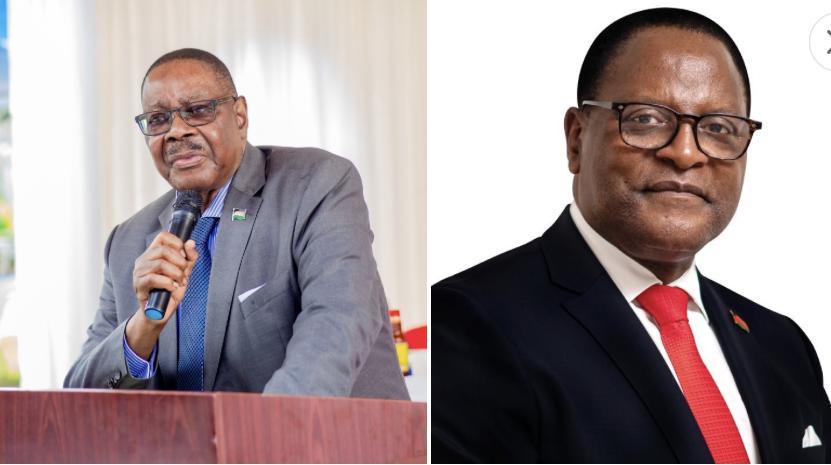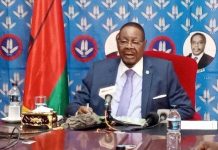Africa-Press – Malawi. The Malawi Electoral Commission (MEC) is currently in the process of verifying manual results from 36 district council tally centres. However, there is a growing doubt among the voters regarding the accuracy of unofficial results from various sources which show Arthur Peter Mutharika (APM) leading with a significant margin over his main opponent, Lazarus Chakwera.
Although we must be cautious about relying on unverified and biased unofficial results, past events have demonstrated that reputable media outlets like Zodiak and Times have accurately reported unofficial results that closely aligned with the official results from MEC.
In fact, by collecting and collating the publicly displayed results from each polling station, it would be possible to determine the likely winner of the 2025 presidential elections without requiring a highly trained statistician.
This leads us to the lingering question: what can be gleaned from these unofficial results? Specifically, the 2025 Malawian presidential election presents various significant lessons that can be extrapolated from the results and dynamics of the voting process.
In the first place, APM’s victory across all regions highlights the importance of a candidate’s ability to appeal to a broad national audience. In contrast, Chakwera’s support was largely concentrated in the central region, indicating that winning a presidency requires a strategy that resonates with diverse populations across the country.
Secondly, Chakwera’s reliance on cash and material handouts did not translate into electoral success. This suggests that voters prioritized long-term vision and policies over immediate material incentives. Candidates should therefore focus on substantive issues and solutions rather than short-term gains.
Furthermore, APM’s victory at an advanced age challenges perceptions about age and capability in leadership roles. The absence of an upper age limit in the Malawian constitution reinforces the idea that experience and wisdom are valuable assets in governance, regardless of age.
In addition, APM’s comeback after losing in 2020 serves as a reminder that setbacks can be temporary. Persistence and adaptability are crucial traits for political leaders. This lesson encourages candidates to remain hopeful and committed to their goals, even in the face of defeat.
Moreover, APM’s ability to garner votes from all tribes underscores the importance of inclusivity in governance. His administration should therefore strive to represent and serve all Malawians, avoiding favoritism towards any particular tribe or region. This approach will potentially foster national unity and stability.
In addition, the scarcity of fuel, foreign exchange, and basic commodities significantly impacted Chakwera’s popularity. This highlights the importance of effective economic management and the need for governments to ensure the availability of essential resources to maintain public support.
As an addendum, Chakwera’s popularity decreased due to unfulfilled campaign promises made in 2020. This highlights the importance of political figures being responsible and open about their promises, as failure to fulfill them often results in disillusionment among the electorate.
Additionally, high levels of corruption, nepotism, tribalism, and regionalism eroded public trust in Chakwera’s administration. This serves as a reminder that addressing issues of governance and integrity is vital for maintaining public confidence and support.
In the similar vein of arguments, the dramatic increase in national debt from 4.1 trillion kwacha in 2020 to over 18 trillion kwacha in 2025 raised concerns about economic mismanagement. This emphasizes the importance of fiscal responsibility and sustainable economic policies to avoid excessive debt that can hinder national development.
Lastly, Chakwera’s frequent local and international trips during an economic crisis were perceived as over-expenditure and disconnected from the realities faced by citizens. This highlights the need for leaders to balance their representation on the global stage with the pressing needs of their supporters, especially during challenging times.
In conclusion, the lessons from the 2025 presidential race in Malawi reflect the critical importance of economic management, accountability, integrity in governance, fiscal responsibility, and the need for leaders to remain connected to the needs of their citizens. These factors are essential for maintaining public support and ensuring effective governance.
Disclaimer: The views expressed in this opinion article are those of the author, Rick Dzida ([email protected]), and do not necessarily reflect those of Malawi24 or its editorial team.
For More News And Analysis About Malawi Follow Africa-Press






